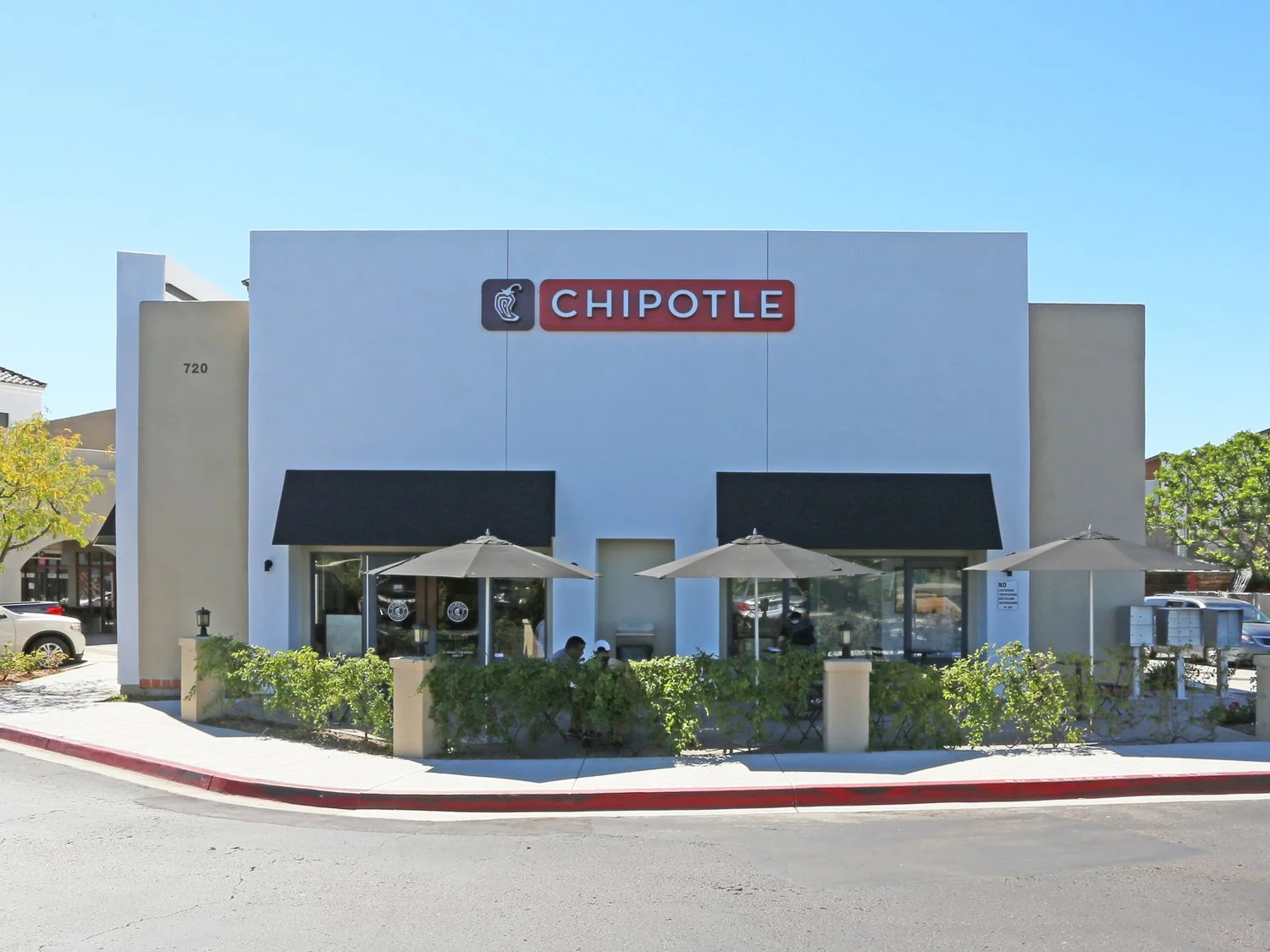The Tulsa Boys' Home has served nearly 12,000 children in 98 years
/By: Scott Emigh, Editor-in-Chief
The Sand Springs Rotary Club and the Sand Springs United Methodist Church hosted a nonprofit showcase this past Thursday and twenty-nine local organizations participated. The free public event included free food and door prizes to help bring public awareness and attention to the organizations and the opportunities for community involvement. One of those organizations is the Tulsa Boys' Home.
The Tulsa Boys’ Home was first established in 1918 as an orphanage, and since then has cared for nearly 12,000 children and young people. The residential treatment facility currently is home to 64 boys, ages 11 through 18, who struggle with serious emotional, behavioral, and drug problems.
The majority of the boys in the home are placed by the Department of Human Services, though roughly a third are placed by parents and legal guardians. The average length of stay is ten months, but the facility staff work hard to help the boys transition well upon aging out.
The philosophy of the home is “the belief that most of the emotional and behavioral problems (of the boys) are caused by painful past events or a lack of a safe, structured, supportive, and nurturing environment, with consistency, clear limits, and boundaries.”
The program focuses on addressing the individual, the group, and the family, while including life skills training, character education, and employment opportunities. The home has 24-hour supervision with licensed psychologists and psychiatrists on staff.
“Essentially, Tulsa Boys’ Home is about healing broken hearts and broken homes, giving young boys a sense of hope for a positive future that they perhaps never thought possible.”
The facility boasts a swimming pool, recreation hall, gymnasium, tennis court, weight room, baseball field, football/soccer field, ceramics shop, fishing ponds, running track, hiking fields, and other activities. It also is home to a therapeutic equine program that brings retired race horses and quarter horses to the facility for the boys’ attention and care, aiding in the healing process.
The Home offers hour-long “Hope Tours” to those interested in finding out more about the facility and operation. The Home welcomes volunteers, donations, and admission applications.




